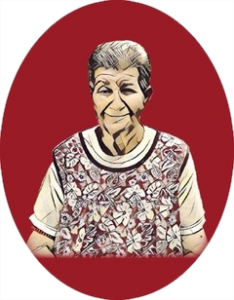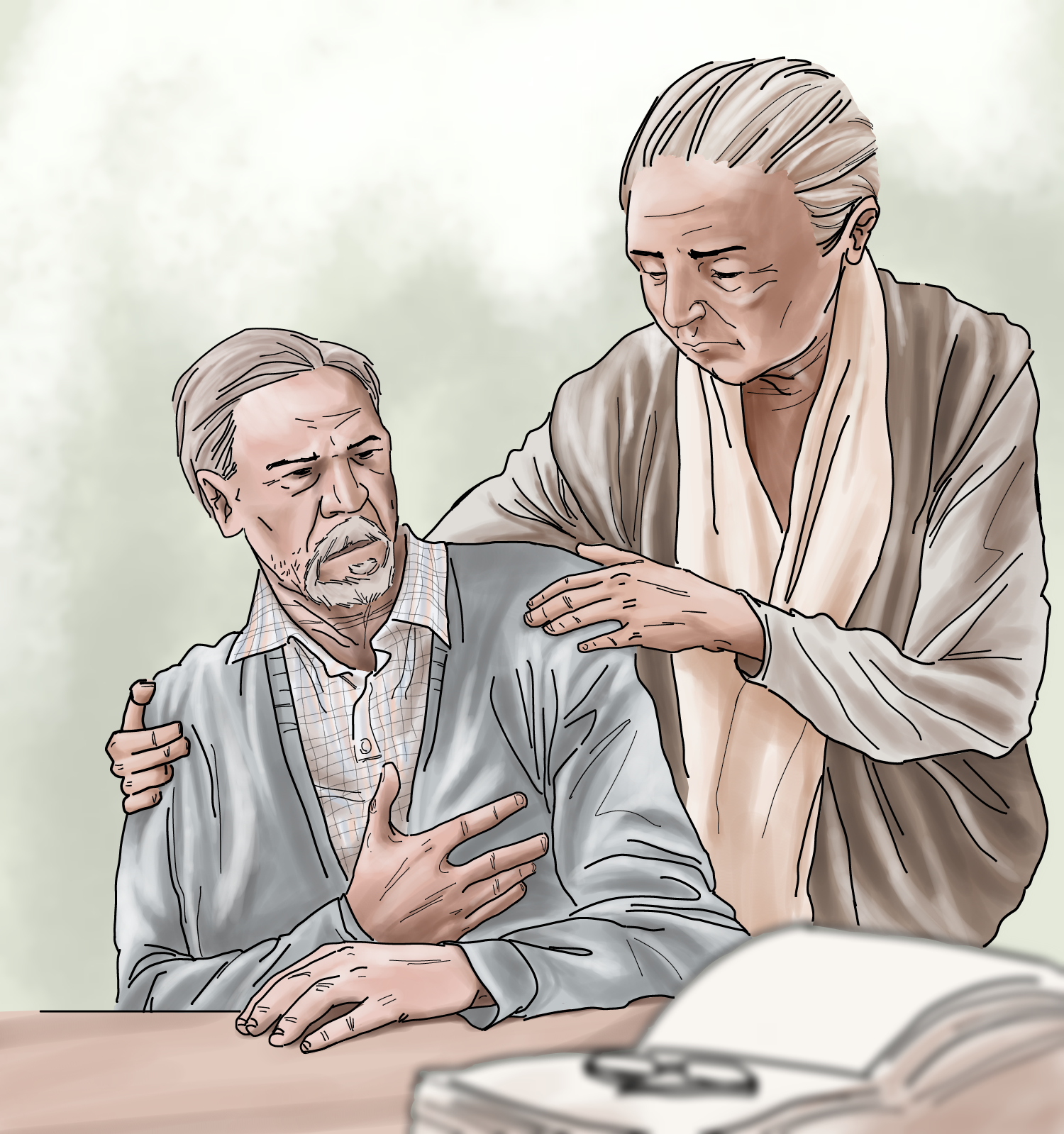Personality changes are frequent in senior citizens, and they can indicate several issues. Common health problems such as dementia and stroke can affect personalities. If your loved one is undergoing a personality change, seek to understand this new side of them. They’re still your loved one – just a bit different from before.
Learn to handle personality changes in seniors by following these tips:
- Understand the cause of the change. Physical and mental health changes can be the root cause of personality transformations.
- Issues such as dementia and stroke can turn a senior citizen into a different person. This is partially caused by the impact of the disease on the brain. In addition, brain damage from a fall or an injury can change a personality.
- Personality changes can include a sudden lack of empathy. A person who used to be kind and generous can become angry and mean. Aggression and frustration can increase.
- Changes can be so drastic that loved ones may feel the senior citizen has become a stranger. However, it’s important to remember that diseases that affect the brain can affect the personality as well.
- Avoid comparisons. It’s not easy to avoid, but it’s important not to compare the seniors to their previous personality. Comparisons can hurt their feelings.
- By avoiding comparisons, you’ll have the chance to understand and study the new personality and get to know the person in a new way. You can view this is an opportunity instead of a setback.
- Seek help from a support network. A personality change in a loved one can be difficult to handle. You may benefit from a support network that understands the situation. Do you have other friends who are dealing with similar issues?
- Reach out to them. Personality changes aren’t easy to deal with on your own. Support networks can help you cope and give you an important place to discuss your frustrations.
- Caregivers and family members often feel alone and isolated as they try to help a person with a personality change. However, support groups can make a big difference.
- Discuss your concerns with a doctor. If you notice any type of personality changes in a loved one, it’s important to talk to a doctor.
- Doctors can help you understand how and why the personality changes occurred. They can also prescribe medications, treatments, and therapies that may help. In addition, they may point you in the direction of local support groups.
- Consider getting outside help. If you’re no longer able to take care of a loved one with a personality change, then you may need outside help. The help can range from visiting nurses to full-time caregivers who live with the person.
- Caregivers and family members often feel ashamed and guilty about asking for outside help. However, there is no shame in getting help during a difficult situation like this.
- You may benefit from getting a break by having a nurse or licensed caregiver take over some of the responsibilities. You may also want to consider nursing homes or other types of assisted living situations for the senior.
- It’s important to get help before you burn out and aren’t able to take care of your loved one.
Personality changes in seniors can indicate important health and mental issues that may need to be addressed. Talk to your doctor about the changes you see in your loved one.

